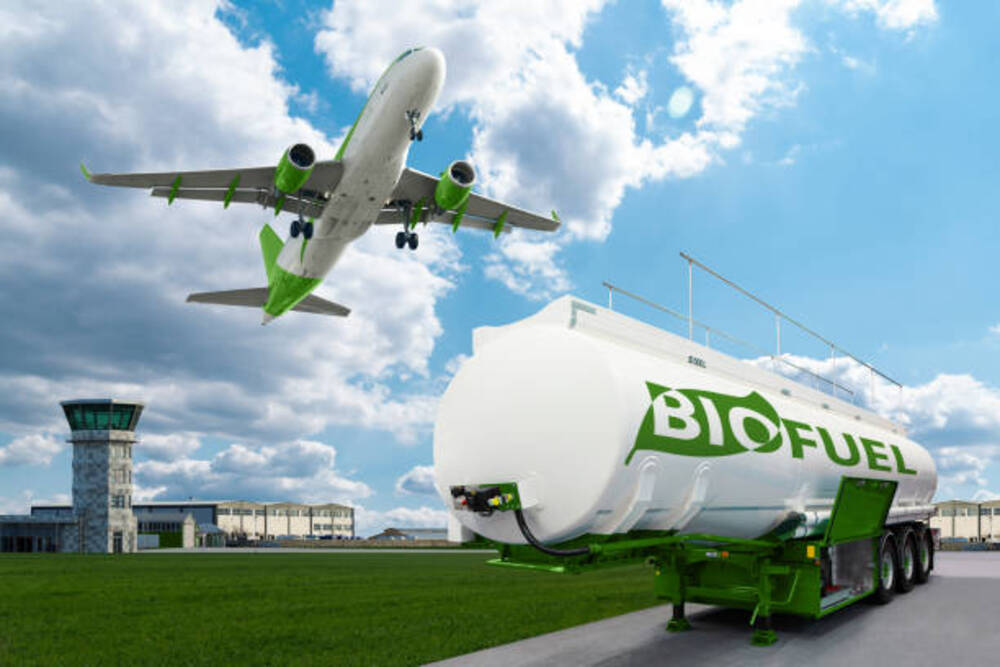Sustainable aviation fuel (SAF), or green fuel which reduces emissions from conventional gasoline by up to 80% using feedstocks like cooking oils, is a potential carbon savior for the aviation industry. People frequently portrayed this industry as the bad guy in the fight against global warming.
Executives meeting in Dublin this week agreed that the only way for airlines to reach stringent global carbon emission limits is with cleaner fuel. But there was little agreement on who should bear the high cost of increasing green fuel production.
The aviation industry is not a bad guy, wants help with green fuel use
However, the young industry accounts for less than 1% of all gasoline consumed and is three to five times more expensive than conventional jet fuel.
This has sparked a discussion on who should pay for the increase in production needed to meet a projected European Union objective of 20% by 2035: governments, airlines, oil producers, or a combination of all three.
Switch to green fuel might cost a fortune
Despite citing an estimate that the switch might cost $1.5 trillion over 30 years, Aengus Kelly, chief executive of lease giant AerCap, claimed that SAF was the only alternative.
That’s an unusual price, he said at the Airline Economics conference, one of two yearly gatherings of the biggest aircraft owners.
The aviation industry is aware that governments won’t handle everything. It won’t happen like that, they say.
Conventional oils are out of the question
IATA chief Willie Walsh warned at the conference that airlines shouldn’t count on conventional oil sources to meet the industry’s needs.
To ensure that the industry and everyone in it can reach net zero, he said there needs to be a wider sharing of the responsibility.
Consumers aren’t willing to pay either; according to several airlines, less than 5% of passengers pay for the SAF surcharges or carbon offsets they provide.
One CEO argued that many people claim there is no purpose in taking action until major emerging market emitters like China and India agree to do their part.
EU needs to catch up to the US
In order to catch up to the United States, where the Inflation Reduction Act is encouraging spending, certain airlines urged the EU to take more steps.
Because U.S. regulation is far more integrated, according to Leigh Hudson, IAG’s sustainable fuels and carbon manager, British Airways owner IAG made its first significant investments in SAF in the United States, including a commitment to acquire 220,000 tons from a Mississippi bio-refinery in 2021.
Europe has the possibility to build SAF plants
30 SAF plants may be built throughout Europe over the next eight years with the correct regulatory assistance, she claimed in an email statement.
In a first step toward its goal of using the fuel to power 12.5% of flights by 2030, Ryanair decided to purchase its SAF from Shell in December.
Reaching 2% by 2026 was a crucial first step, according to its director of sustainability Thomas Fowler, even if it is still too early to judge whether the 2030 targets are possible.
We’ll have a decent sense if they get the first 2% over the line, he told the journalists.

